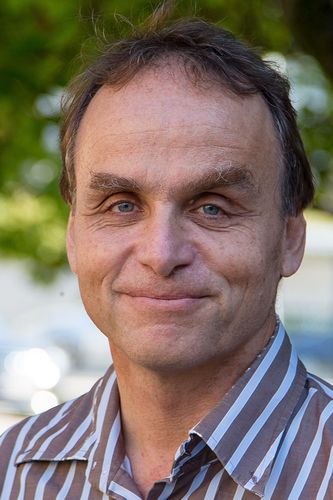
Info The Sneppen Lab pioneered mathematical modelling and theory to understand nucleosome-mediated epigenetic memory. The group works closely with experimentalists investigating diverse models of life, including epigenetic regulation of bistable systems.
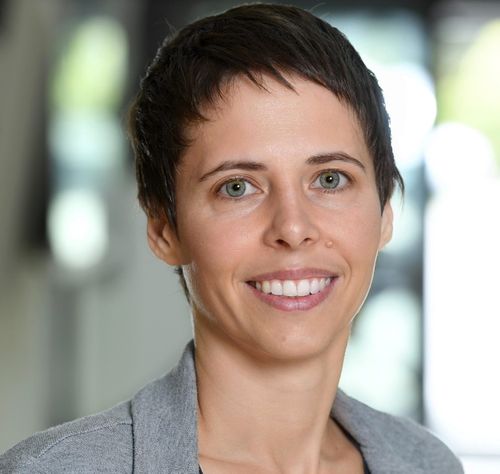
Info The overall goal of our research is to elucidate the regulatory principles employed by gene-regulatory networks to reliably control the transition of embryonic stem cells to further differentiated cell types. We combine mathematical modelling with microscopy, genomics and genome engineering techniques to investigate the molecular mechanisms that govern X-inactivation.

Info Diagenode is a leading global provider of complete solutions for epigenetics research, biological sample preparation, and diagnostics assays based in Liege, Belgium and NJ, USA. The company has developed a comprehensive approach to gain new insights into epigenetics studies.
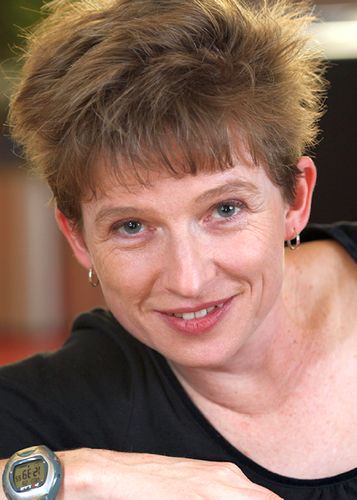
Info Our laboratory uses a combination of quantitative live imaging, mathematical modelling, computational approaches and molecular and developmental biology in Drosophila and in mammalian cell culture to understand the interaction of the Polycomb and Trithorax proteins with their chromatin targets and with-non coding RNAs.
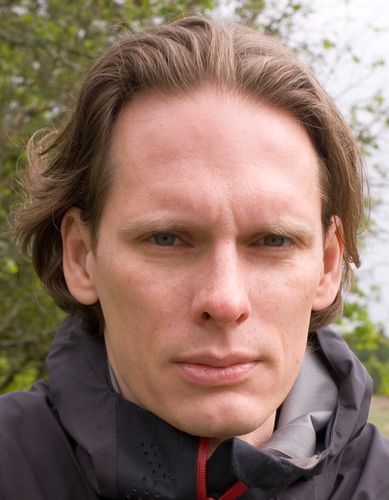
Info Our research focuses on the probabilistic and statistical modelling of genetic, genomic, transcriptomic and epigenetic phenomena. We employ machine learning techniques to make predictions of genome-wide Polycomb/Trithorax targeting in Drosophila and in human/mouse and to uncover the underlying architecture of recruiting DNA elements.

Info The Pombo Lab is interested in understanding the interplay between gene regulation and genome architecture, to define principles of genome function. Our long-term strategy for unravelling the principles of genome function with new developments in molecular biology, epigenetics, nuclear imaging, proteomics and genetics.
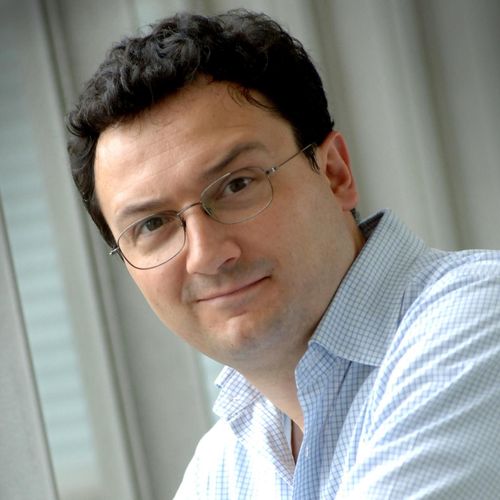
Info The Nicodemi group works on the Physics of Complex Systems and its applications to Molecular Biology. The group pioneered the understanding of the complex three-dimensional architecture of the human genome and its links with gene regulation by combining their Statistical Physics description and computer simulations.
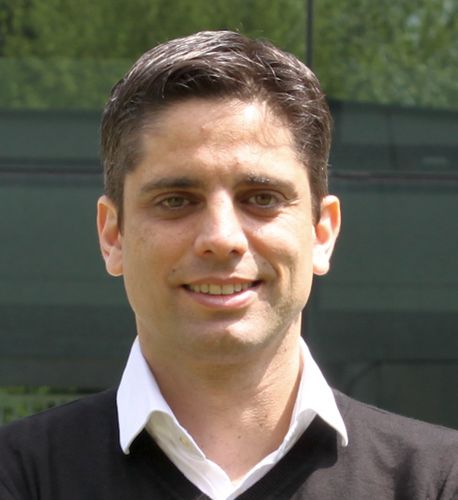
Info The Molina Lab contributed innovatively to investigate the stochasticity of transcription in mammalian cells by uncovering fundamental kinetic properties of gene reactivation. Our work lies at the interface between bioinformatics and biophysics to develop mechanistic models of eukaryotic gene regulation by integrating genome-wide data and live-cell imaging.

Info The Mellor Lab uses the budding yeast S. cerevisiae, mammalian cells and mathematical modelling in which to study how transcription, non-coding RNAs, higher order structures in chromatin, and histone modifications influence the response to changes in nutrient availability, metabolic state and ageing.
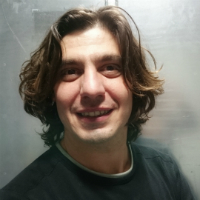
Info The Mazza group focuses on the development and the application of advanced fluorescence microscopy methods to detect, track and quantify the behaviour of individual molecules in living-cells, with a specific focus on the kinetic behaviour of cancer-related transcription factors.
